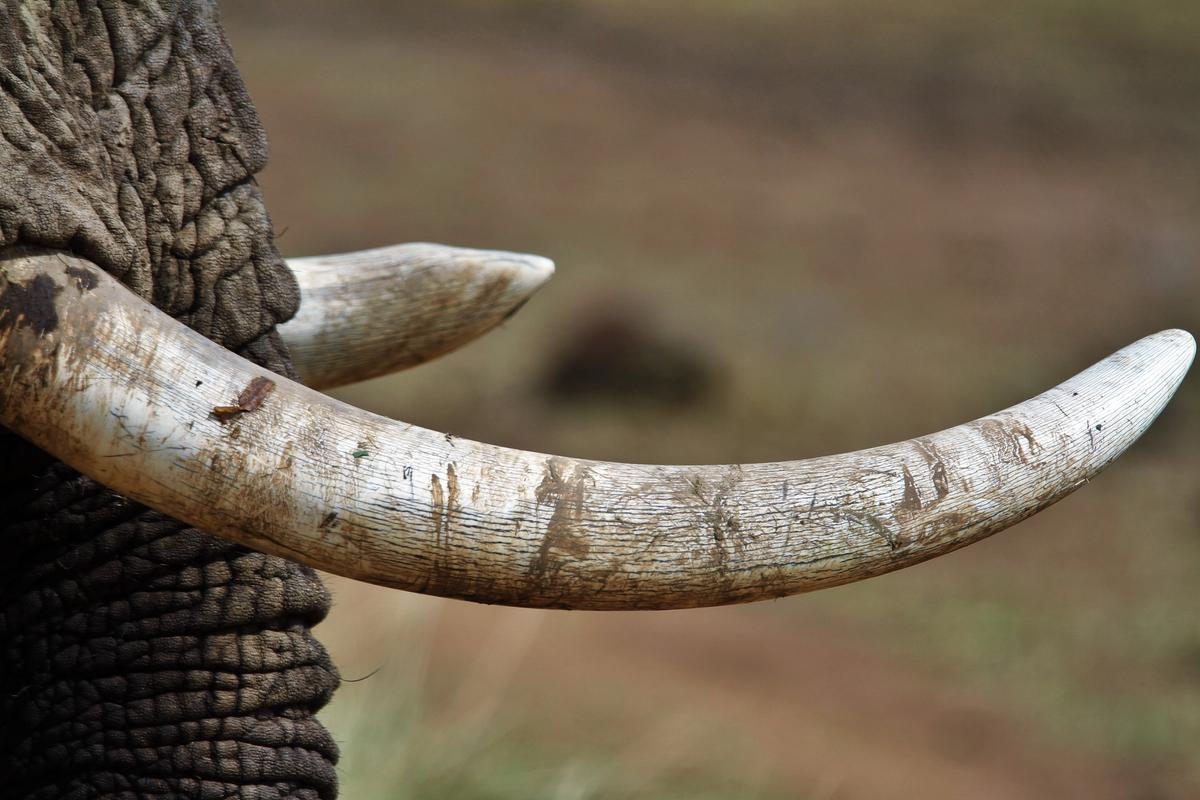After months of campaigning and fund raising for legal action, the UK antiques trade’s attempt to get the proposed Ivory Act (2018) overturned has been dismissed.
An impassioned few days in court London’s Royal Courts of Justice last month, saw the Friends of Antique and Cultural Treasures Limited (FACT)—a company representing a group of dealers and collectors—argue that the measures were an excessively blunt and heavy tool in the stemming of illegal trade in ivory.
Mr Justice Robert Jay returned his findings this week, noting that: “With some regret, because I remain sympathetic to the Claimant’s case” the arguments did not sufficiently challenge the Department of the Environment, Food and Rural Affairs [Defra]’s ban, which was backed by markedly strong parliamentary and public support and gained royal assent in 2018.
FACT’s claim that the fully harmonised EU measures (2017)—which allow trade in ivory if "worked" before 3 March 1947— did not allow the UK to introduce a more stringent stance was dismissed with ease.
The trade’s second argument was based on the proportionality of the measures and their impact. This tack fared better. In particular, the judge recognised that the consultation and impact assessment undertaken by the government (published 2018) was lacking: “I am not impressed with important aspects of [it]. In my judgment, this considerably understates the impact of the Act (then the Bill) on businesses, and fails completely to deal with collectors, whether they be amateur or expert.” Nevertheless, he concluded that the updated evidence presented by FACT would not have “materially” affected the outcome of the ban’s introduction.
Richard Pike, a partner at Constantine Cannon, the lawyers acting for FACT, says: “We are, of course, disappointed with the outcome but are pleased that the judge has agreed with a number of our submissions.” The claimants will be seeking permission to appeal but need to raise further funds.
In a press release, the Environment Secretary Theresa Villers says; “We will move forward and make sure the ban comes into operation as soon as possible to protect wildlife and the environment.” The act is due to come in to force in early 2020.


